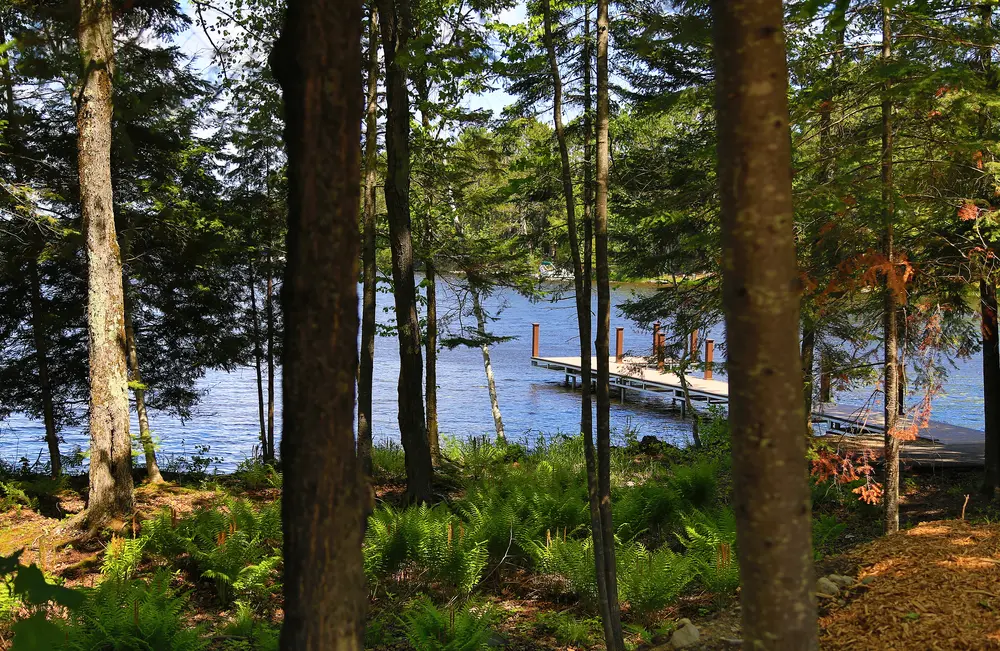

City-dwelling Fox, Coyote Population Presentation May 25 at Nicolet College
Ever see a fox or coyote where it seemingly shouldn’t be? Maybe crossing a busy city street or cruising through a neighborhood packed with houses?
Increasingly, such interactions are becoming much more common in the Northwoods and across the state, even in such unlikely places as downtown Madison.
Since 2014, University of Wisconsin – Madison Wildlife Professor David Drake has been researching this growing natural phenomena and will bring his latest findings to Nicolet College for a special presentation at 9:30 a.m., Wednesday, May 25, in the Nicolet College Theatre.
Sponsored by UW-Madison’s Badger Talks program, Nicolet College, and the college’s Learning in Retirement program, the event is free and open to the public.
“Traditionally, much of our knowledge and research on foxes and coyotes has been from rural or wild settings,” Drake said.
"With urbanization continually increasing, our studies look at how these animals use the urban landscape and how their life histories and behaviors change as a result. A big part of this involves their relationship with humans.”
Drake’s curiosity was sparked after he routinely began spotting red fox and coyotes on the densely-packed UW-Madison campus and even living under a campus building. This led him to launch the UW Urban Canid Project.
To study these urban canines, Drake and his team of researchers live-trap and radio-collar these animals. These collars allow researchers to remotely monitor the animals' locations without having to see or disturb them. Collecting location data over a long period of time allows researchers to better understand where animals are spending their time and what factors may be drawing them there.
Blood, nasal, and fecal samples are also collected to analyze what diseases are prevalent in the fox and coyote populations in Madison.
“These animals interact with humans on a daily basis, most often without ever being noticed,” Drake explained. “And understanding the health of these canines can have direct implications when it comes to the health of domestic animals.”
Over 200 Badger Talks are hosted around the state each year, featuring faculty and staff with expertise in a variety of disciplines.
The presentation is part of Learning in Retirement’s Ced’s Nature Series, named after local long-time educator, writer, and naturalist Ced A. Vig, who started the nature series in the late 1990s.
Click here for more information about the Learning in Retirement program or call the college at (715) 365-4491.